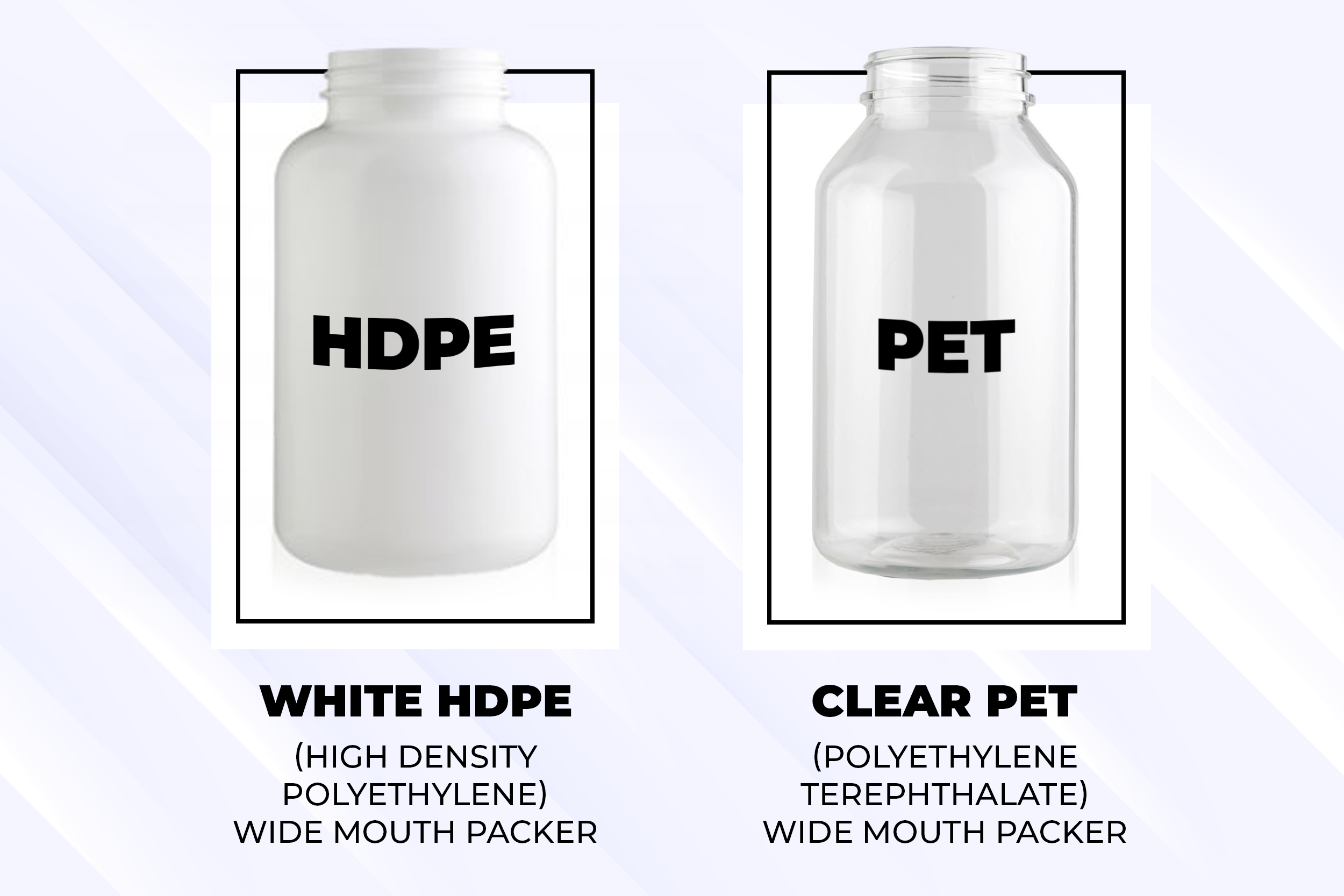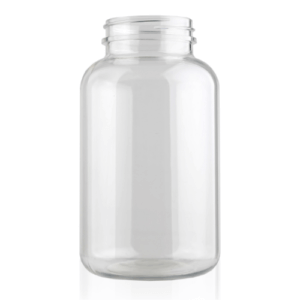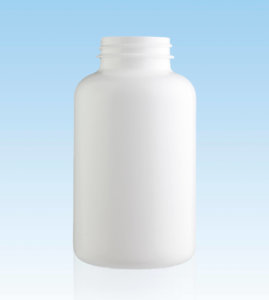Why HDPE & PET Plastic Bottles Are So Popular

Why HDPE & PET Plastic Bottles Are So Popular
Thousands of plastic bottles pass through consumers’ hands each day, but rarely does anyone give a second thought to the actual plastic material such as HDPE vs PET. It’s just something to hold a product in, until it fails. Maybe the lid doesn’t stay on or the plastic bottle cracks. All of a sudden, there’s a problem and the reality hits. Quality storage containers make a difference.
Safety of HDPE vs PET
Bottles made from poor quality plastics are not durable or safe. Medicines improperly stored are a danger to children and pets. Faulty child-proof caps can allow children to access medications, causing overdoses. Each year, more than 34,000 children are sent to the emergency room after ingesting medication. Over 9,000 of them are hospitalized.
Some plastics are unsafe and cause toxins to leach into the product. Foods and liquids stored improperly can absorb the toxins, especially when heated or stored over a long period of time. The importance of using the right food grade plastic cannot be underestimated. HDPE plastic is currently considered a low-hazard plastic with a low risk of leaching. PET plastic is approved as safe for food and beverage contact by the FDA and other regulatory agencies throughout the world, and has been for more than 30 years.
PET Plastic Containers

Polyethylene terephthalate, more commonly known as PET or PETE plastic or polyester. This plastic is clear and strong but lightweight. It’s commonly used for drink bottles, salad dressings, shampoo bottles, peanut butter, milk jugs, cooking oils, and food storage. Thirty years of testing has proven this plastic to be safe for contact with food packaging, drinks, and pharmaceuticals. Because it is resistant to micro-organisms and will not react to foods or biodegrade, and is 100% recyclable, PET is one of the most popular plastics to use. In fact, PET plastic is the most recycled plastic in the U.S and worldwide. The FDA and other world-wide health organizations recognize PET’s safety. It does not contain bisphenol-A (BPA) or phthalate.
PET bottles can be easily decorated and molded into a wide variety of shapes and sizes. Their high clarity allows for good product visibility and they are easily colored to complement a brand and label. When you’re looking for protection of products such as pharmaceuticals or nutraceuticals, amber colored bottles offer high resistance to UV rays.
HDPE Plastic Containers

High-density polyethylene, or HDPE, is widely used in both rigid and flexible products. Its versatility allows it to be used for everything from hard hats to storage containers to bags. Lightweight yet strong and impact-resistant, this plastic has replaced many metals and wood for playground equipment, decks, and car parts, yet remains highly recyclable. It is FDA-approved and safe for food, liquids, and pharmaceuticals, and does not contain BPA or phthalate.
An important property of HDPE plastic is the ability to withstand cold temperatures. HDPE plastic can endure long-term temperatures of up to -100 degrees Fahrenheit. This allows products such as food and beverages to be frozen for later use. It also has the ability to withstand temperatures between 212 and -220 degrees Fahrenheit for short periods of time, making it sometimes suitable for autoclave sterilization.
What’s The Difference? HDPE vs PET
People often ask the fundamental differences between HDPE vs PET plastic bottles. PET plastic is clear and glass-like while HDPE plastic is more opaque and flexible. Both are safe and are great options for consumables. HDPE bottles provide good stress crack resistance and impact strength along with a uniform wall thickness for better labeling and appearance. PET plastic containers are manufactured using a two-stage injection blow molding process. Clear PET bottles provide a great alcohol, solvent and moisture barrier.
Why Use Plastic? HDPE vs PET
Plastic is durable and lightweight, making it ideal for storage and more economical for transporting. Drug interactions and leaching can be an issue with certain medications and supplements, but in the battle between HDPE vs PET, both plastics are safe and are commonly used. The white bottles give further protection by blocking light.
Silver Spur Bottles & Closures
Silver Spur was founded in California in 1978 and quickly became well-known for their glass amber bottles. The business grew and now carries a large variety of glass and plastic containers. Along with the amber, they also offer cobalt blue, flint, green, and frosted glass bottles.
The PET and HDPE plastic, wide-mouthed bottles can be ordered in white or clear and come in a variety of sizes. The PET plastic also comes in amber. These round bottles are perfect for pharmaceuticals and nutraceuticals and are ISO 9001, ISO 14001, OHSAS 18001 certified.
 Quality caps are also important to mention. Safety is a top concern and the integrity of the product and safety of the consumer is vital. A nice selection of plastic fine rib closures are available as heat sealed or pressure sealed. Also in stock are plastic child-proof caps that come in a variety of convenient sizes.
Quality caps are also important to mention. Safety is a top concern and the integrity of the product and safety of the consumer is vital. A nice selection of plastic fine rib closures are available as heat sealed or pressure sealed. Also in stock are plastic child-proof caps that come in a variety of convenient sizes.
With years of experience, a large selection of products, and a commitment to great customer service, Silver Spur Corporation will be able to assist with any packaging need. Please contact us with any questions about our available products and how we can best serve you.
